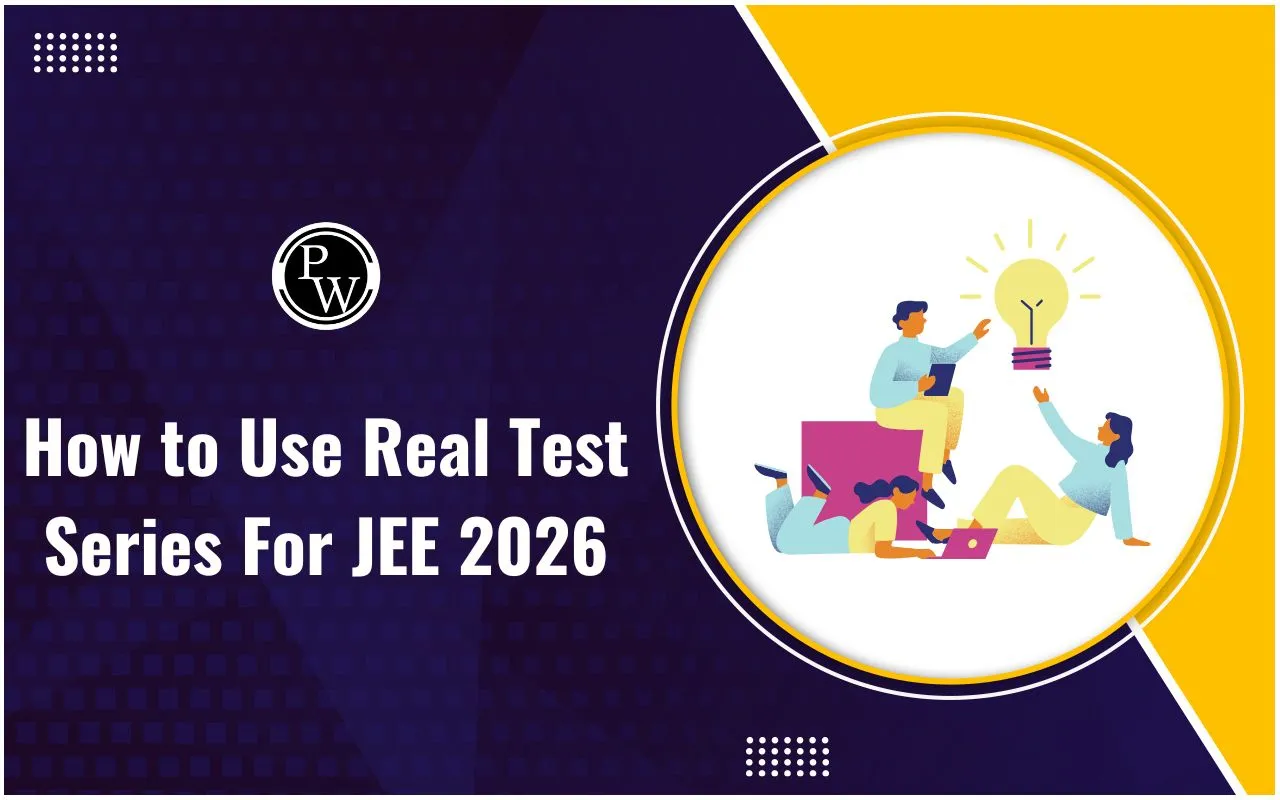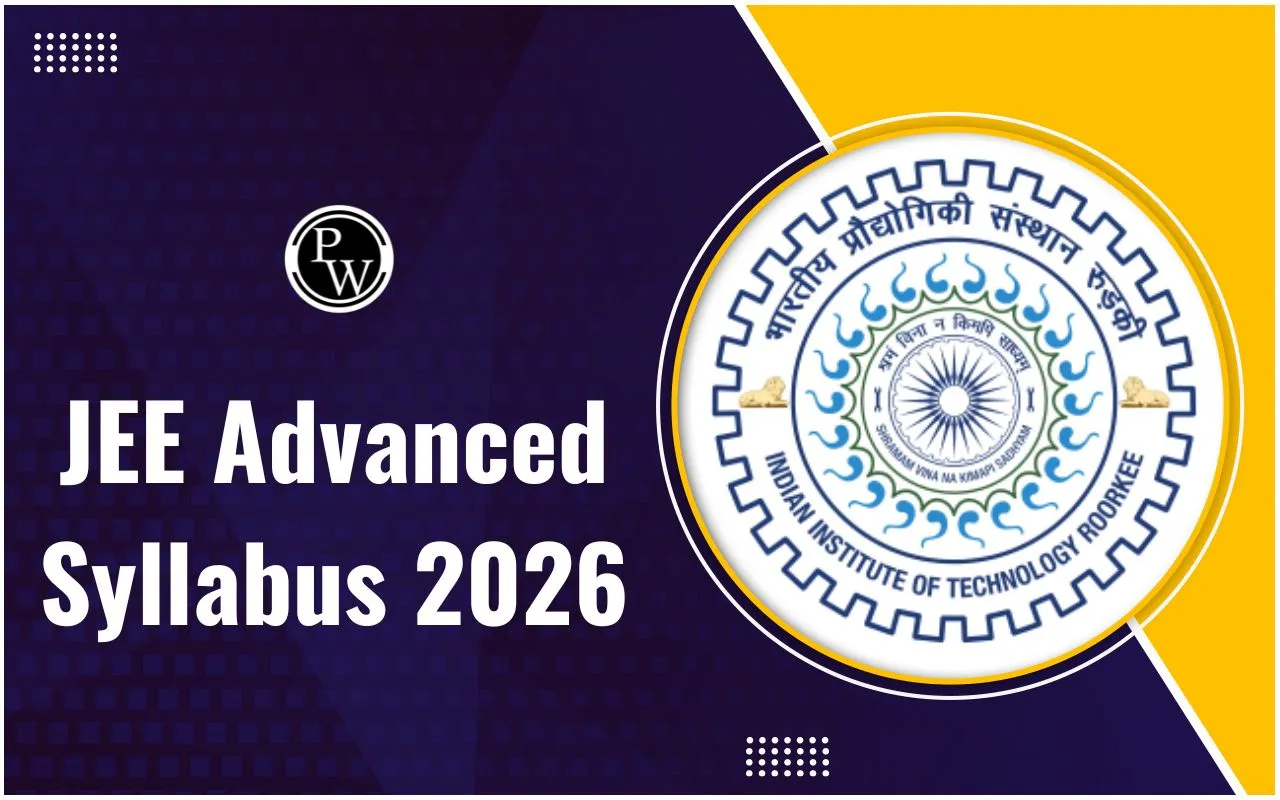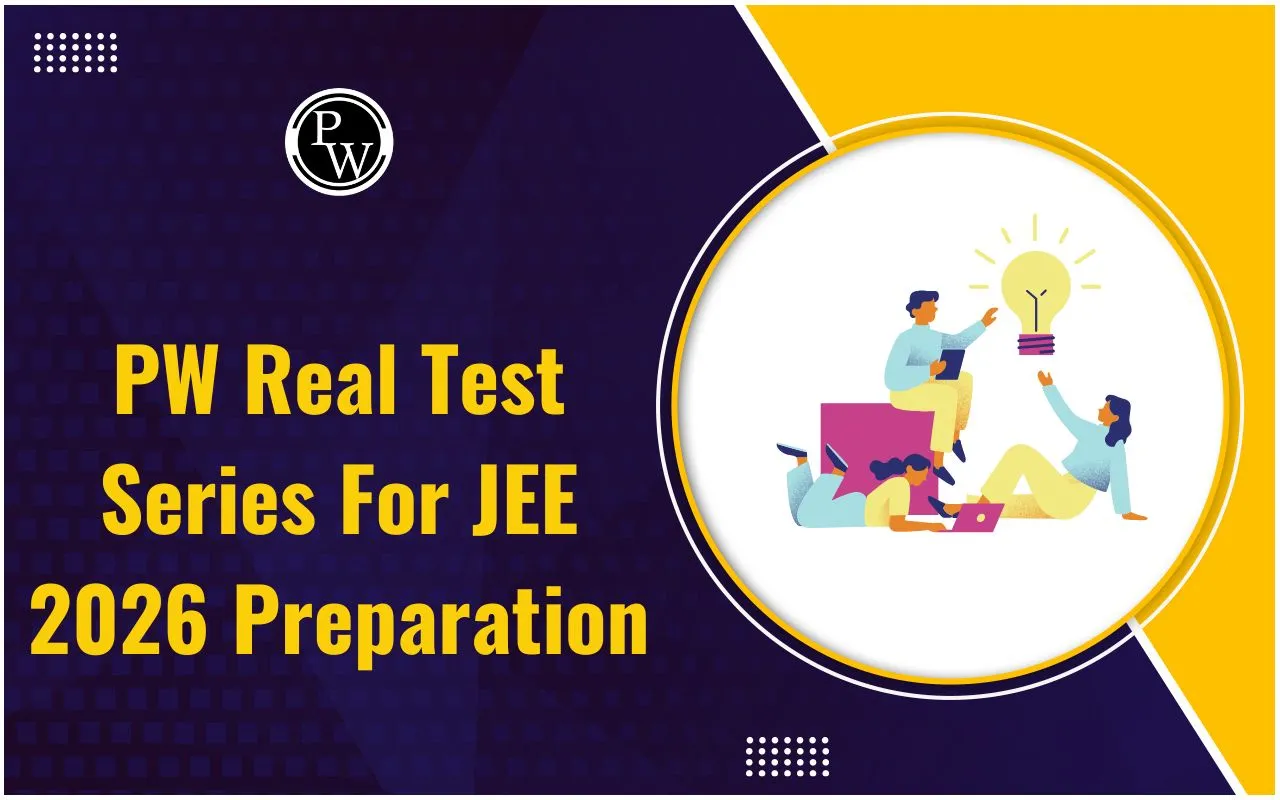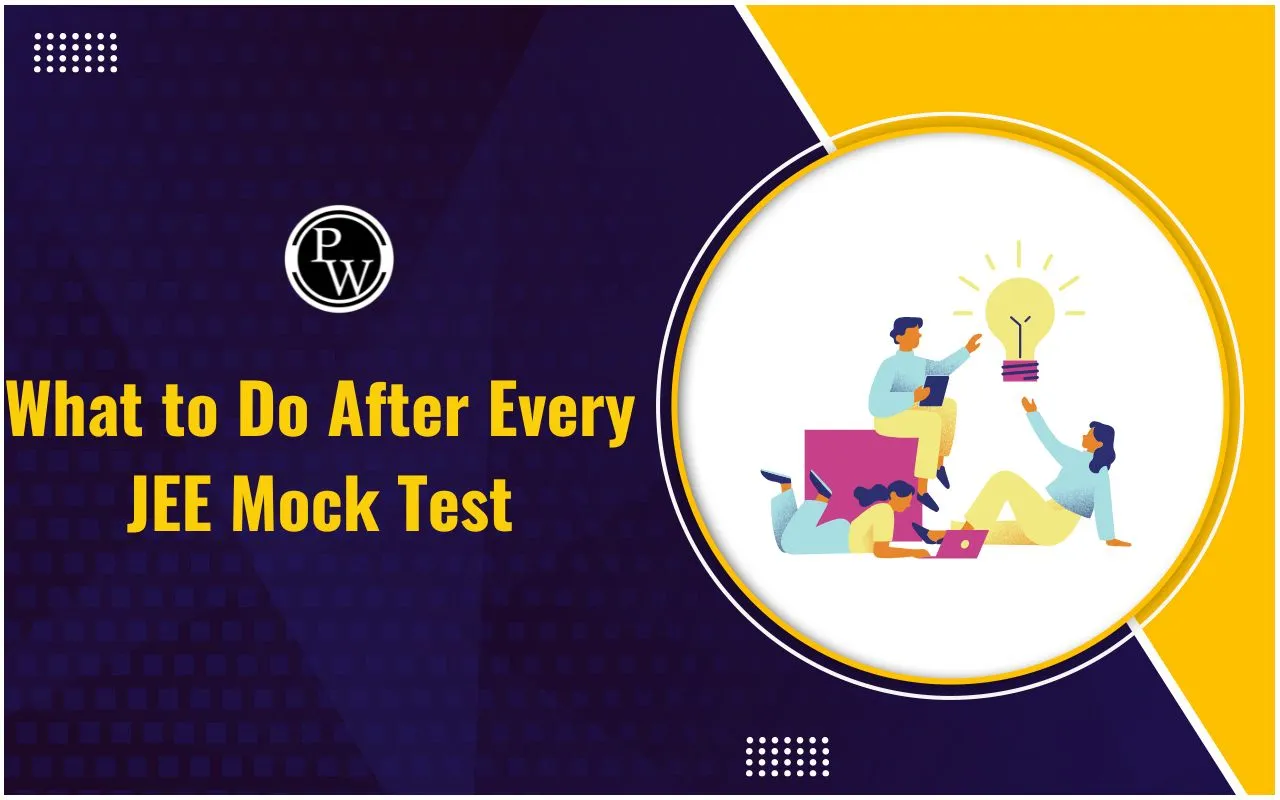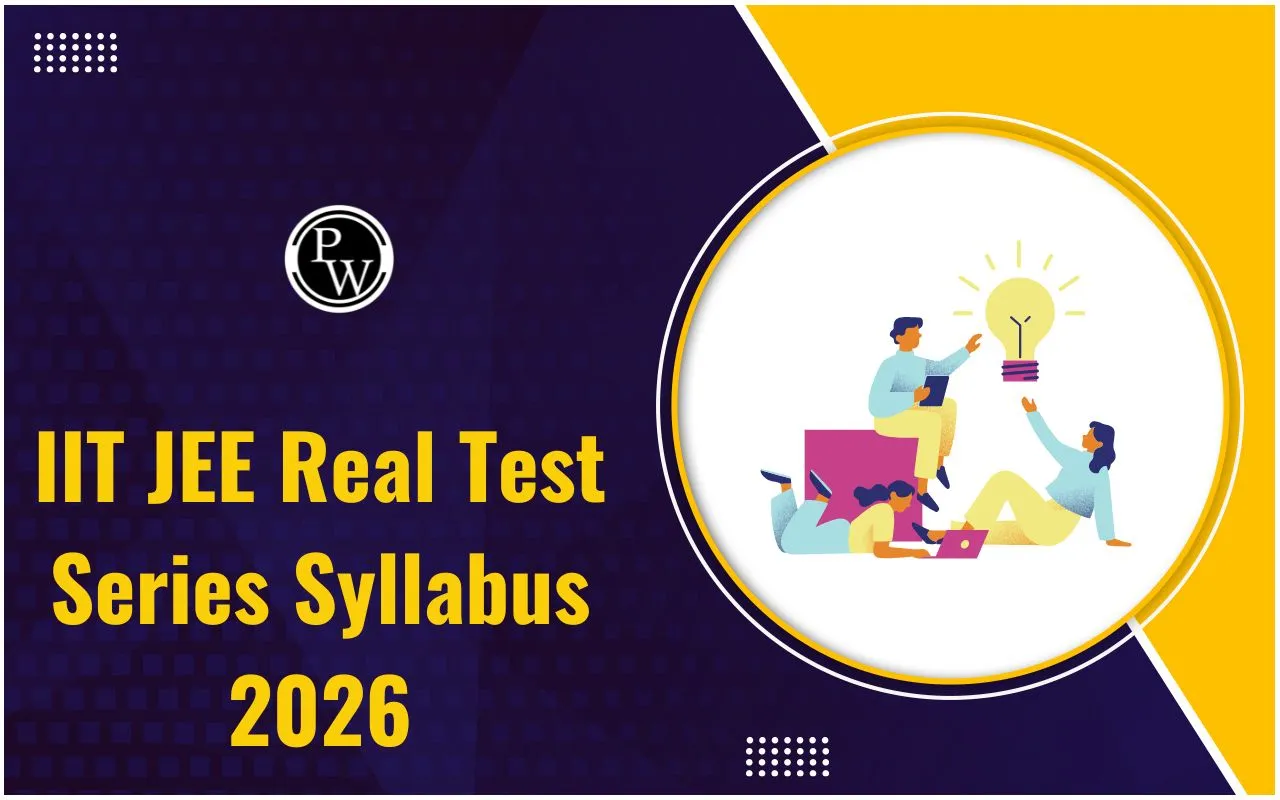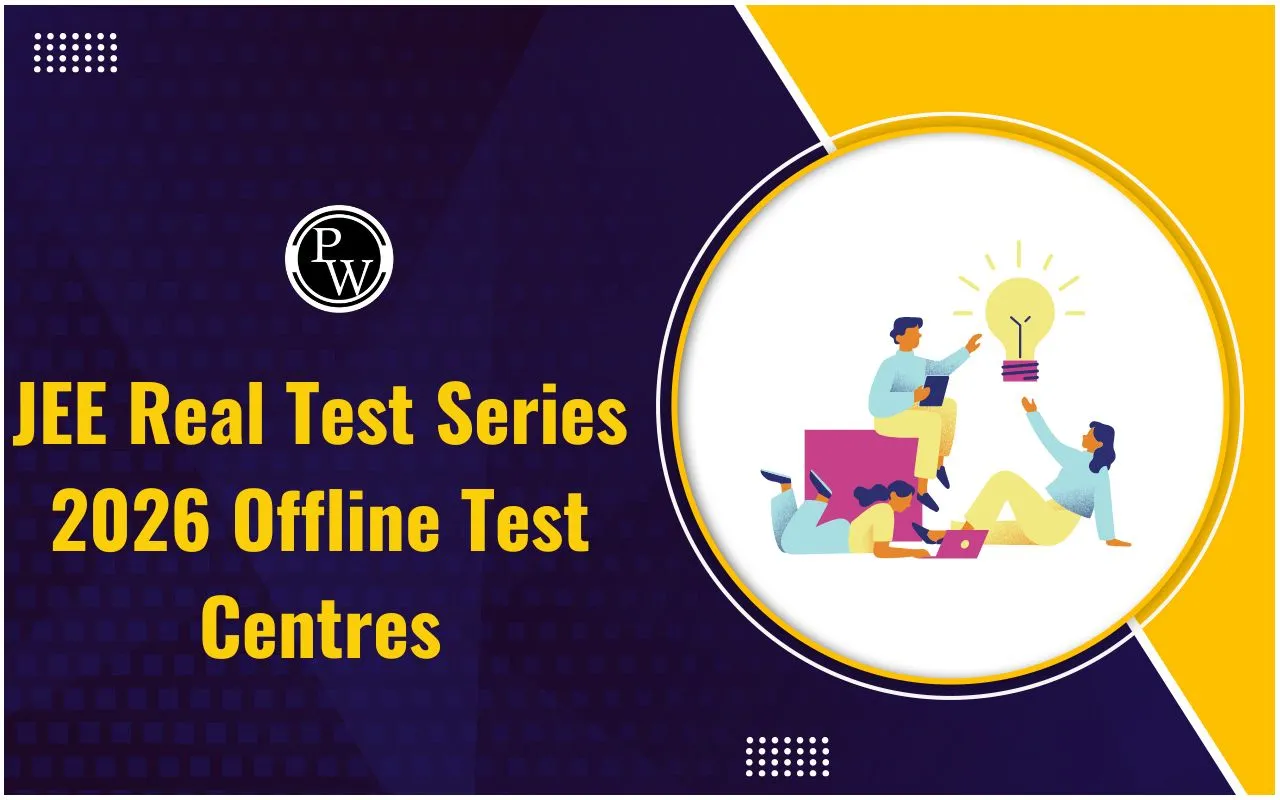
Mock Test Attempting Secrets for JEE 2026: Mock tests are a main part of JEE 2026 preparation. You are not going to score high on JEE mock tests if all you have been doing is studying chapters and solving questions from your books. The approach you take while attempting JEE mock tests has the potential to either make or break your score. Mock tests are not just another way to practice questions; they are a reflection of how you prepare. The right approach will help you identify your strong areas, weak topics, time management, and problem-solving approaches.
Mock Test Attempting Secrets for JEE 2026
JEE mock tests help to practice questions for the JEE Exam. It gives you the feel of the real exam. The more you practice, the better you will become at it. Mock tests help you to get better accuracy, speed, and confidence before the actual exam day. Practicing mock tests makes you familiar with the time pressure, the question difficulty, and the exam environment.
When students attempt mock tests with no proper strategy, they tend to get more stressed, score low, and become more confused. They often waste time on lengthy and difficult questions, avoid their weak chapters, and don’t revise their mistakes. All these make the students feel more stressed and lower their scores. So to avoid these unnecessary losses, one must follow a proper method.
JEE 2026 Mock Test Strategy for High Score
Following the right mock test strategy is important to crack JEE 2026 with a high score. It should not only be about solving questions but also about attempting the questions in a way that yields the maximum marks. Let’s discuss the strategy step-by-step.
Start With Chapter-wise Tests
The first thing that you should do is attempt chapter-wise tests. This means solving questions from one chapter at a time. It helps to revise the concepts and practice questions from the chapter. This also helps to know the topics you are weak in and focus on them. Attempting Chapter-wise mock tests increases the confidence of the aspirants for each topic and ensures that the students don’t miss out on any chapter.
Simulate the Real Exam Environment
The second step is to attempt the full-length mock tests as if they were the real JEE examination. Sit in a quiet place, maintain the same time limit, and avoid all distractions. This will help the students build their stamina for the actual exam and help them avoid being nervous during the real test.
Attempt the Easy Questions First
One should always start with the questions that they know and are easy. This will ensure that you get some marks quickly and also build your confidence. After you have finished with the easy questions, you should move on to the moderate questions. Finally, attempt the difficult questions if time allows.
Monitor Your Time
It is also important to keep an eye on the time while solving the paper. It is recommended that you divide the total time for the exam into sections based on the difficulty level of the questions. For example, you can take 1–2 minutes for easy questions, 3–4 minutes for moderate questions, and 5–6 minutes for difficult questions. This will help you maintain a consistent pace and complete the paper on time.
Revise After the Test
Once you have finished the paper, take some time to go through the solutions and review your performance. Check which questions you got wrong or skipped, what topics were your weak points, and revise those topics. This will help you improve in the next mock test.
These are the steps that form the base of the JEE 2026 mock test strategy for a high score. Students who follow this strategy see a consistent improvement in their speed and accuracy over time.
Time Management Tips for JEE Mock Tests
One of the most important reasons behind high scoring is time management. Students know all the concepts very well, but time out during the exam. These time management strategies will help you prepare for JEE mock tests:
-
Set a Timer Per Question: Keep a tab on the time spent on individual questions. Divide the total time allowed for the exam by the total number of questions and then set a fixed time for answering easy, moderate, and difficult questions.
-
Choose Questions to Score More Marks: Skip all questions of topics/chapters where you are not familiar. Solve all questions of the topic/chapter where you can easily score more marks.
-
Don’t Waste Time on One Question: If you spend more than 5 minutes on a difficult question, don’t waste your time. Instead, move on to another question and return to it later if you have time.
-
Work on Speed Techniques: Solve previous year questions and questions available under the timed exercise section to improve your speed. Try to learn some shortcuts for numericals of Physical Chemistry and keep remembering important reactions for Organic Chemistry.
Mistakes to Avoid in JEE Mock Tests
Many students can lose marks in the JEE due to crucial mistakes. Such blunders can be easily evaded with proper planning. Here are the most common mistakes:
-
Absence of analysis: Mock test in JEE preparation must be analysed. Practising questions without reviewing your mistakes is futile. Always check your incorrect answers and find out the pattern of mistakes.
-
The feeling of overconfidence: A few students complete easy-level questions hastily, as they seem simple. However, they lose marks due to calculation errors and carelessness.
-
Neglecting the weak topics: A common blunder is to concentrate only on the strong chapters. It is recommended to cover all the topics so as to gain marks from each question paper. Weak topics should never be neglected.
-
Mismanagement of time allocation: Spend too much time on one question and you may not complete the paper. This is another blunder that will lead to loss of marks.
-
Avoiding revision: All the mock tests you do are of no use if you do not revise your mistakes and weak topics. Revision is important for a student as it helps to understand and memorise the concepts.
Mock Test Attempting Secrets for JEE 2026 FAQs
How should I analyze my performance in JEE mock tests?
How many mock tests should I attempt?
Should I attempt all the questions in a mock test?
How can I reduce stress during a mock test?
Does analyzing mock tests really help in improving my score?


